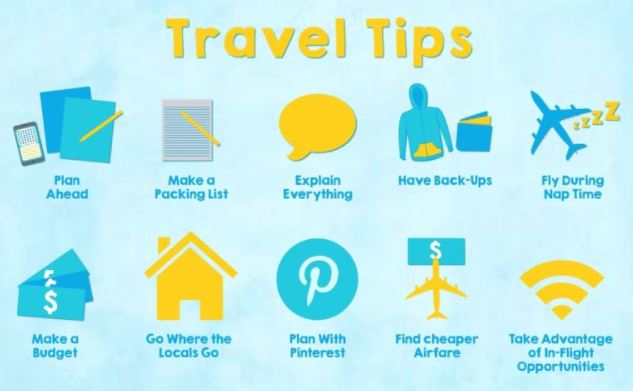Table of Contents
Introduction
Traveling is not just about visiting new places; it’s an opportunity to connect with different cultures and immerse yourself in the traditions and way of life of the locals. Here are some tips for achieving cultural immersion during your travels:
1. Learn the Local Language
Even if it’s just a few basic phrases, learning the local language can go a long way in connecting with people. Locals appreciate when visitors make an effort to communicate in their language.
2. Stay with Locals
Consider staying in local homestays or guesthouses rather than large hotels. This provides a chance to interact with locals on a more personal level, ask questions, and gain insights into their daily lives.
3. Participate in Cultural Activities
Seek out cultural events, festivals, or workshops that allow you to actively engage with local traditions. Whether it’s a cooking class, a dance lesson, or a craft workshop, these experiences can be incredibly enriching.
4. Eat Local Food
Food is a fundamental aspect of culture. Try local dishes and street food, dine in small, family-owned restaurants, and don’t be afraid to ask for recommendations from locals.
5. Respect Local Customs
Be aware of and respectful of local customs and traditions. This includes dressing appropriately, understanding social norms, and being mindful of religious practices.
6. Ask Questions
Don’t hesitate to ask questions and express genuine curiosity about the culture and history of the place you’re visiting. Most people are happy to share their knowledge and stories.
7. Visit Local Markets
Markets are often a hub of local culture. Explore markets, interact with vendors, and learn about the products they sell. It’s also a great place to pick up unique souvenirs.
8. Attend Community Events
Keep an eye out for local events, such as weddings, funerals, or community gatherings. If you’re invited to participate, it can be a unique and eye-opening experience.
9. Travel Slowly
Rather than rushing from one tourist attraction to another, slow down your travel pace. Spend more time in one place to truly get a feel for the culture and build meaningful connections.
10. Be Open-Minded
Embrace the differences you encounter. Remember that your way of doing things is not the only way, and being open-minded is key to cultural immersion.
Conclusion
Cultural immersion is a rewarding aspect of travel that allows you to gain a deeper appreciation for the world’s diversity. By connecting with locals and embracing traditions, you’ll create lasting memories and a more profound understanding of the places you visit.
FAQ
1. What is cultural immersion in travel?
Cultural immersion in travel is the act of deeply engaging with and experiencing the culture, traditions, and way of life of the local people in the destinations you visit. It involves connecting with locals, participating in cultural activities, and embracing local customs.
2. Why is cultural immersion important in travel?
Cultural immersion enhances your travel experience by providing a more profound understanding of the places you visit. It fosters meaningful connections with local people, broadens your perspective, and allows you to appreciate the rich diversity of the world.
3. How can I connect with locals during my travels?
To connect with locals, learn some basic phrases of the local language, stay in homestays or smaller accommodations, and participate in community events and cultural activities. Being open, friendly, and approachable also helps initiate conversations with locals.
4. What are some cultural activities I can participate in while traveling?
You can participate in a wide range of cultural activities, such as cooking classes, dance lessons, craft workshops, and local tours that highlight traditional practices. Festivals, ceremonies, and community gatherings are also great opportunities for immersion.
5. Is it essential to try the local food while traveling for cultural immersion?
Yes, trying local food is a fundamental part of cultural immersion. Food reflects the local culture and traditions. Exploring the local cuisine allows you to connect with the culture on a sensory level and can lead to delightful culinary discoveries.


